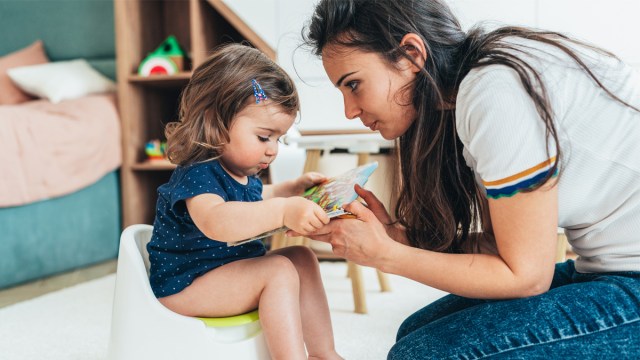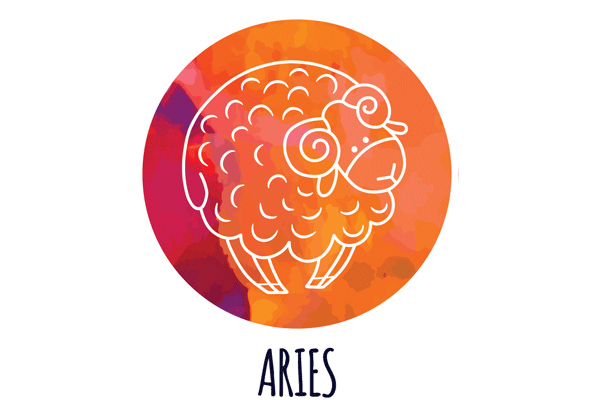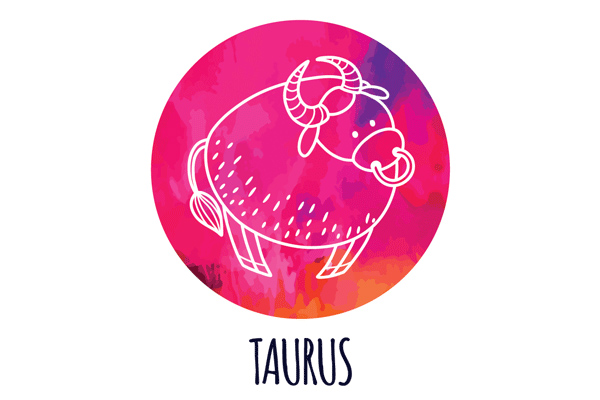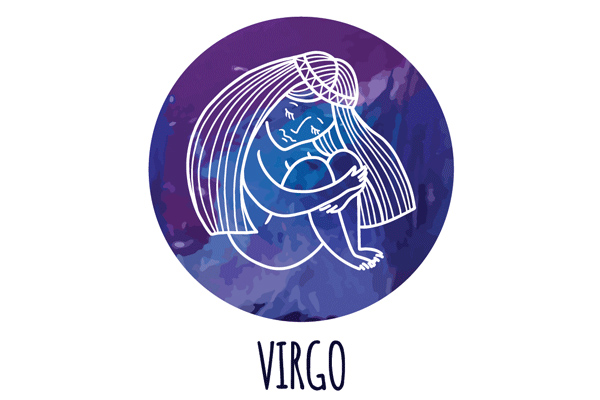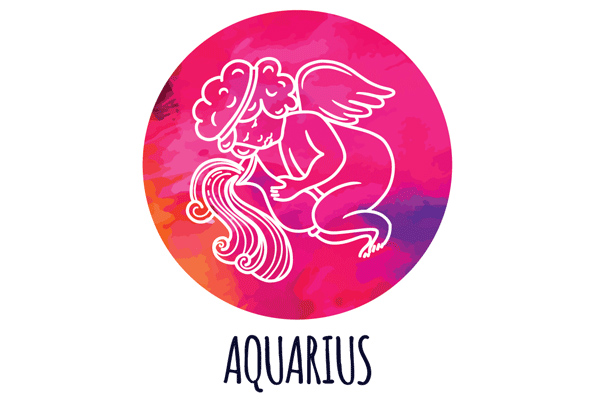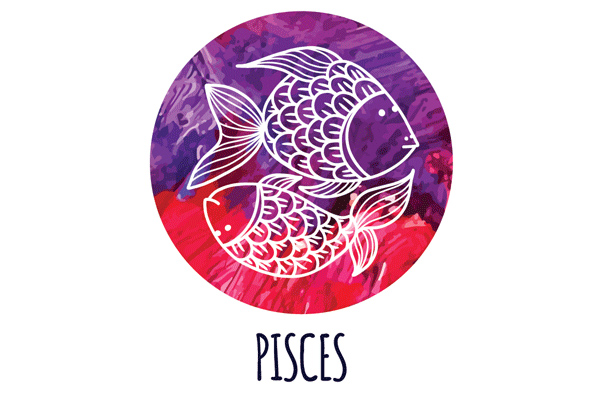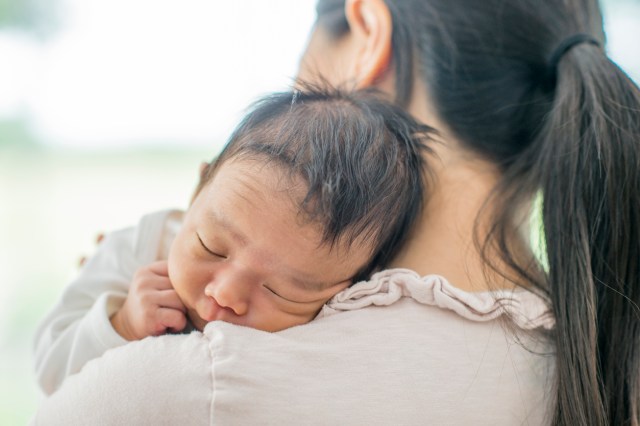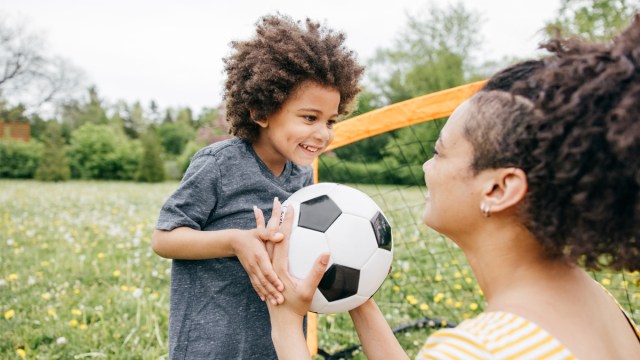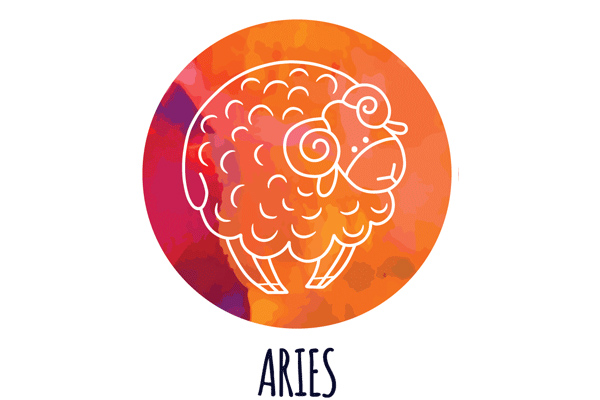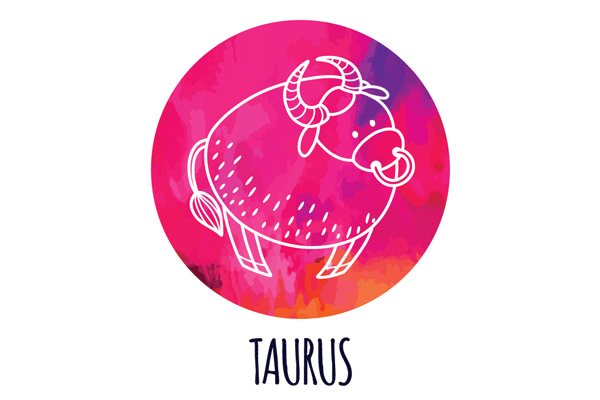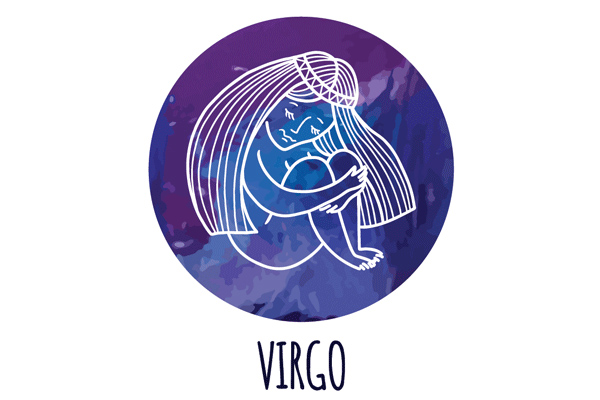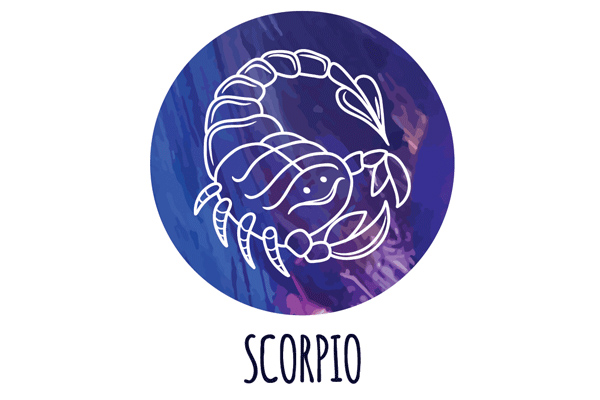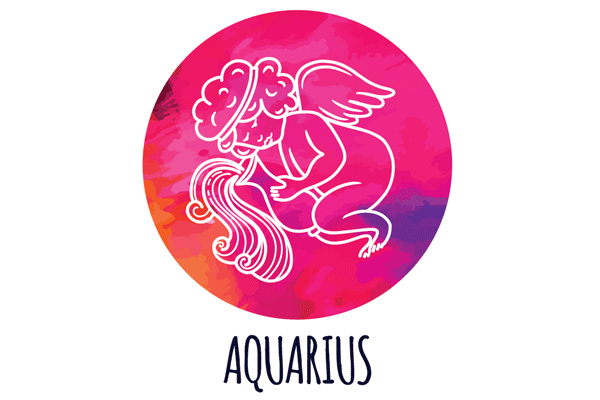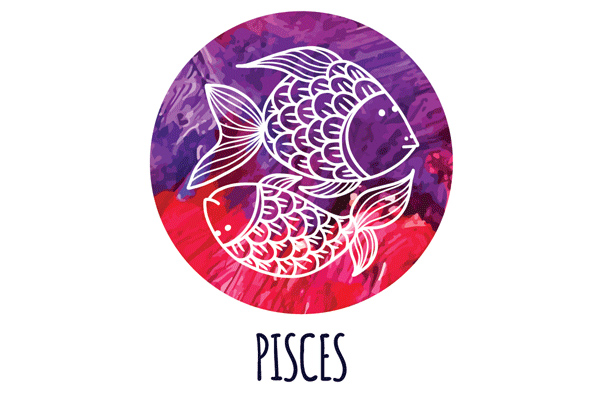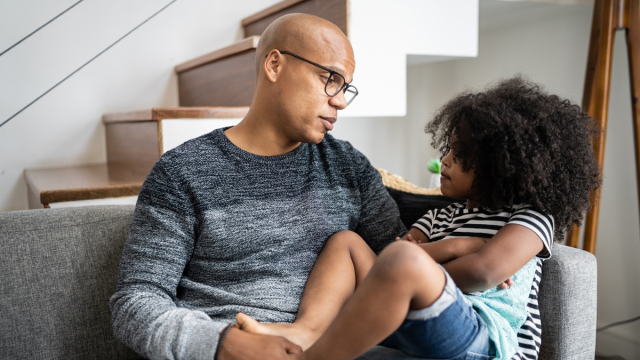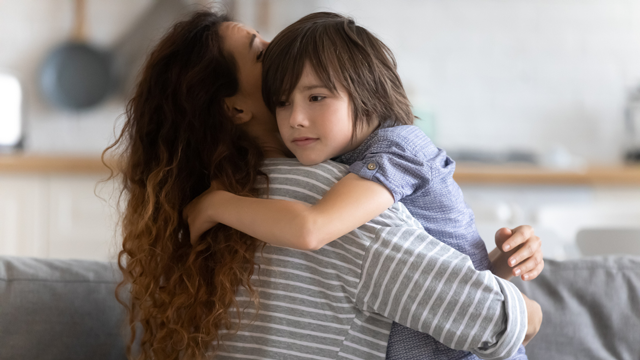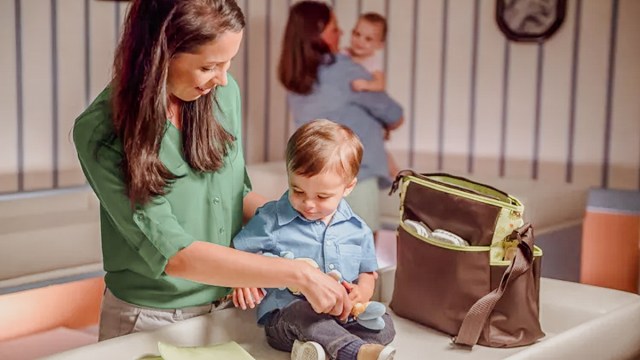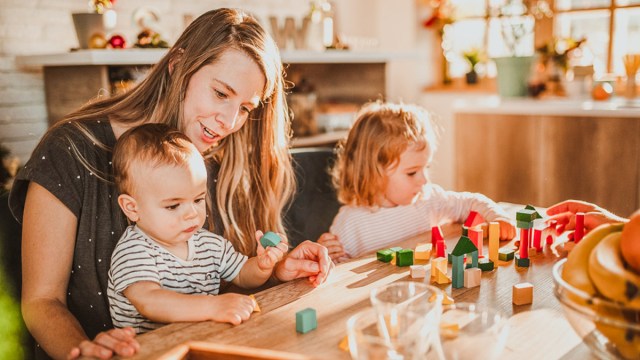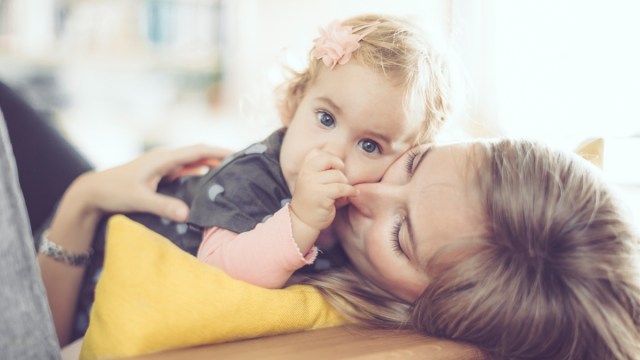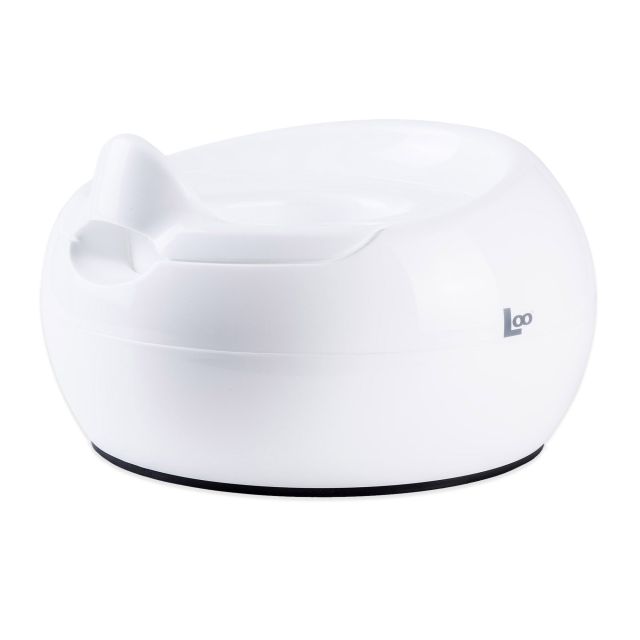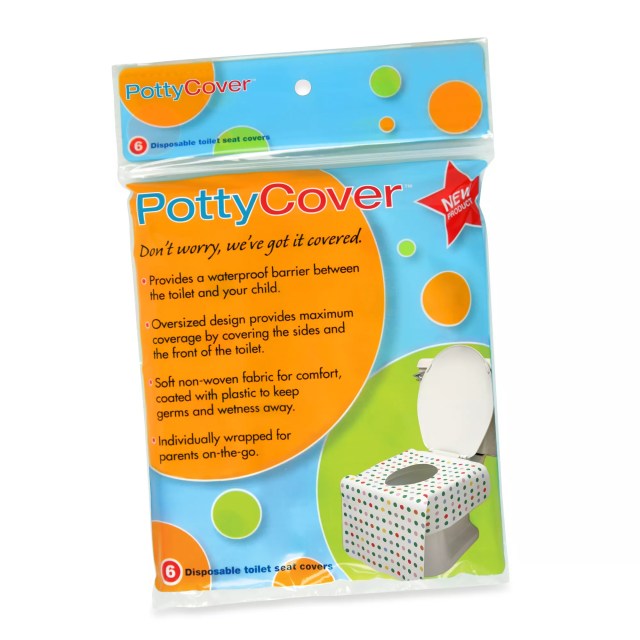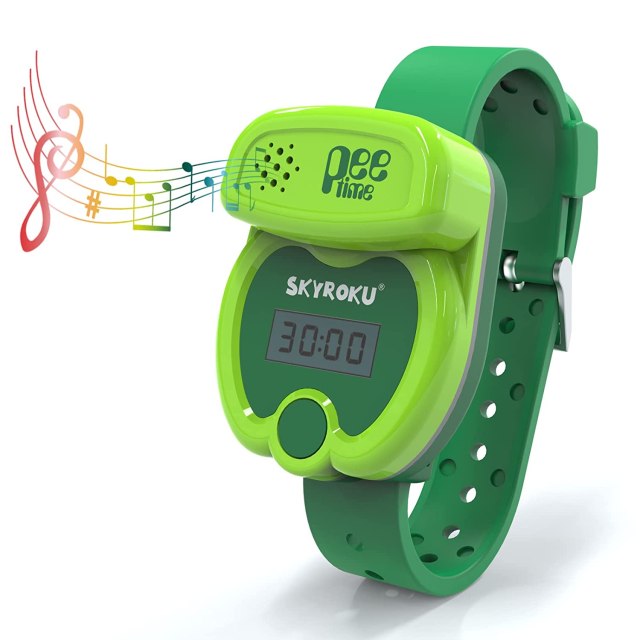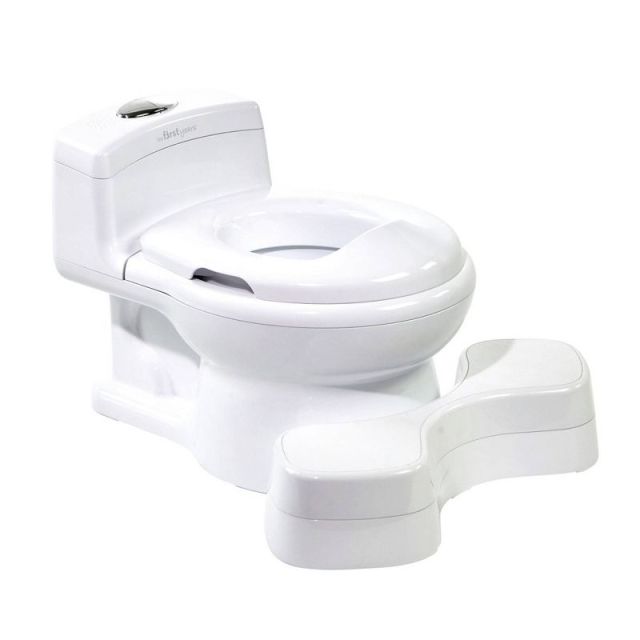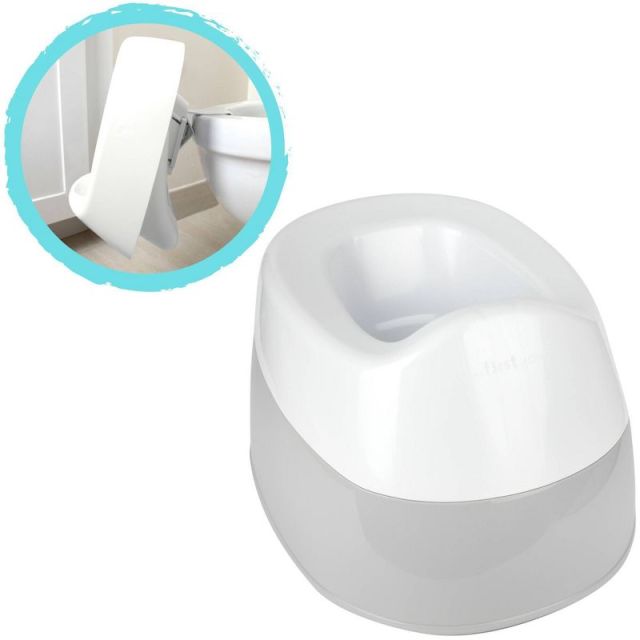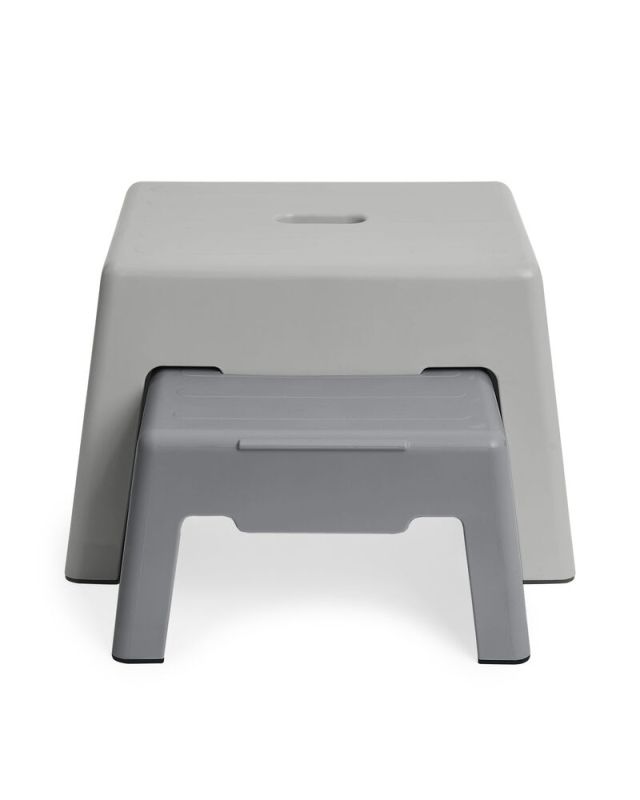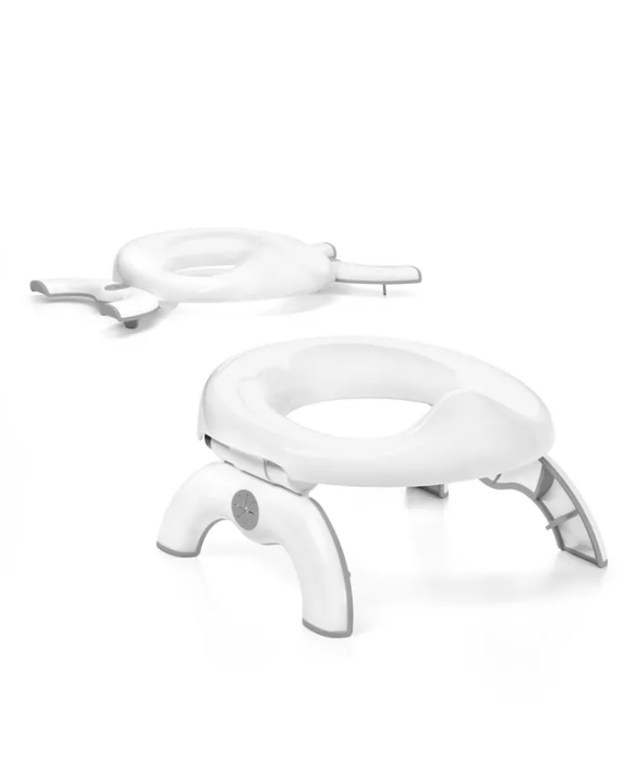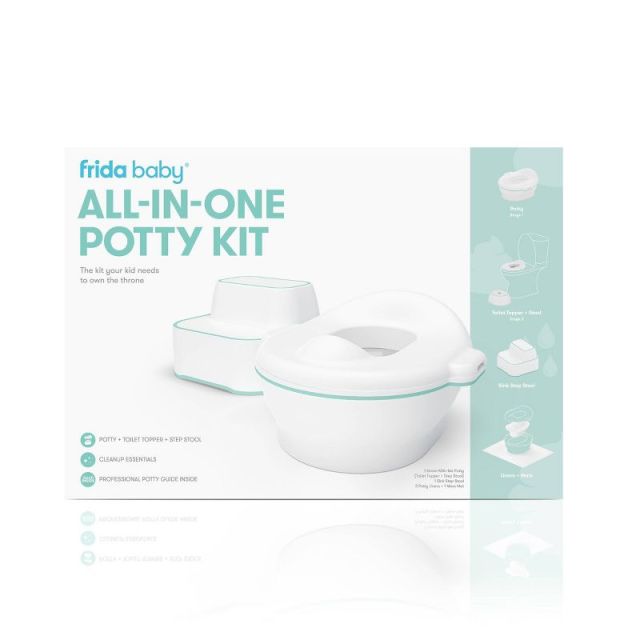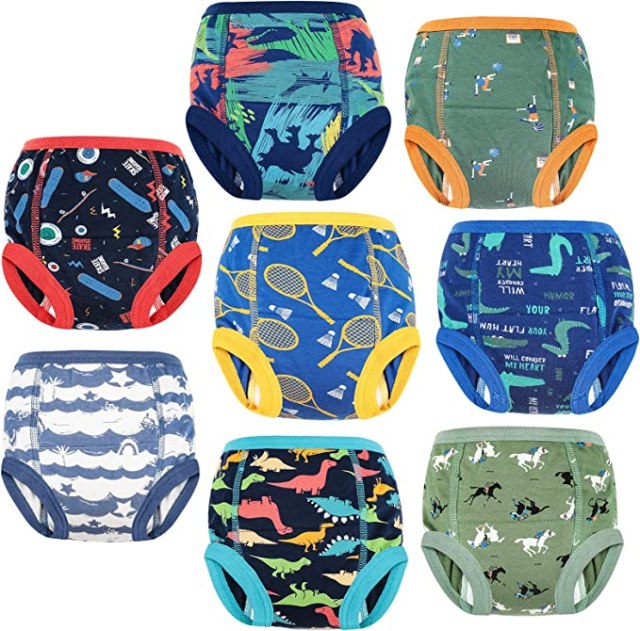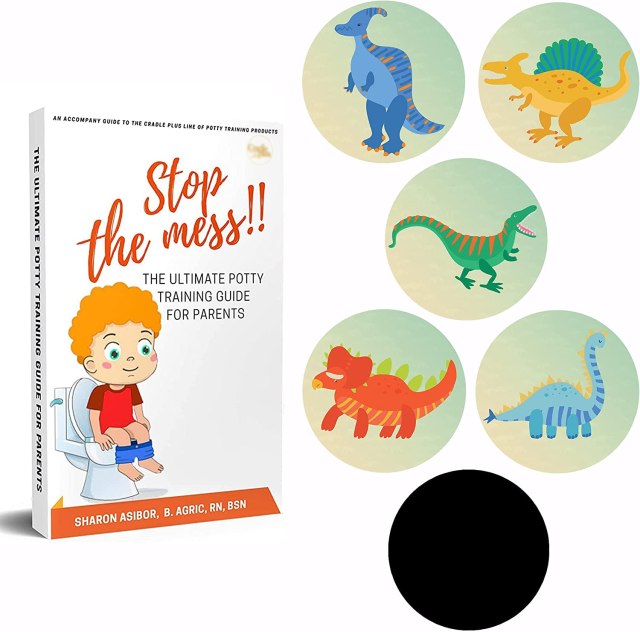When it comes to potty training, everybody has a suggestion. Maybe your best friend’s sister’s yoga teacher says you can do it in a single weekend. Maybe your neighbor’s mom says M&Ms are the best motivation (or was it Smarties?). Maybe Instagram tells you to sprinkle-afy those poops (more on that later). Whatever you decide, there’s no one right way to potty train your child—but there are some wrong ways! At least, according to experts. Whether it’s telling your kids “It’s OK!” when they have an accident, letting them play on your phone while they wait for tinkles, or not knowing when to start potty training in the first place, here are the 14 common mistakes parents make.
1. Don’t start too soon—or too late.
The American Academy of Pediatrics (AAP) recommends that parents begin potty training anywhere from 18 months to 3 years old. Starting earlier or later will make your road to Big Kid Underwear much more difficult and frustrating (for both you and your child). AAP Spokesperson Jaime Friedman says it’s best to start when kids show signs of readiness, including stating that they are going pee or poop, asking to be changed, or waking up from nap time dry.
According to internationally recognized potty-training expert Jamie Glowacki, the ideal time is between 20 and 30 months because that’s when kids go through a developmental lull in other areas, allowing potty training to take center stage. Wait too long, she says, and you’ll be facing off against a “threenager.”
“All of a sudden they realize they have free will and choice,” Glowacki says. “They realize they control their pee or poop. Then you have power struggles.”
2. Don’t put your potty chair out so they can “get used to it.”
Lots of parents get a potty chair and put it out in common areas so their kid can “get used to it” around the house. But why? If you’re not actually starting the process of potty training, the little potty becomes just another object.
“It becomes a chair, a basketball net, a place to put things,” Glowacki says. “And then the child doesn’t understand that, ‘Wait, now I’ve got to put poop in that thing?’”
Glowacki says parents may harbor a secret fantasy that the toilet’s mere presence will inspire toddlers to potty train themselves. That maybe it’ll mean they won’t have to start the tedious work of toilet-training their kids.
We’re here to say: Nope.
“I want parents to hope for the miracle but prepare for the worst,” Glowacki says. So bring out the potty chair only when you’re ready to start the process.
3. You don’t need a fancy potty seat.
With millions of parents potty training their toddlers at any given time, it’s not surprising that there are a plethora of products promising to make it easier, from floating targets for boys to aim their pee to potty chairs that play music. But Glowacki says most of these don’t actually help the process. (One exception may be urinal potties with water wheels to motivate little boys. She says those work.)
“Parents just want something that makes it easier for them,” she says. “Everyone is dreading this milestone but they’re like, ‘I’m going to get you this and everything will be fine.”
The only thing you really need is a basic potty seat—and get one for each bathroom, so your kid doesn’t have to make a mad dash when nature calls.
4. Don’t mistake “Three-Day Potty Training” for three days only.
If you’ve spent any time talking about potty training with other moms, chances are you’ve heard of the elusive “Three Day Potty Training” program. “Start Friday! Done Sunday!” says the ad for the ebook, which promises you can potty train in a weekend.
But could it be true? It certainly sounds good, especially for working parents who may need to schedule potty training into their busy calendars. But not so fast, says potty-training consultant Jenny Phelps, founder of Oh Crap! Potty Training with Jenny (and former student of Glowacki’s “Oh Crap!” model).
“If you read the small print, you’ll see it says, ‘And then keep doing it for a month afterward,’” Phelps says.
She explains that three-day programs can jump-start the process, but parents shouldn’t have expectations that their 2-year-olds will be ready to say goodbye to diapers by Monday just because of one weekend of no-pants boot camp. Instead, have realistic expectations, and realize that your three days of intense training need to be followed by weeks of consistent reinforcement. After all, you’re training little people, not coding a computer.
“When parents have this false perception that it should be done in that time, they put pressure on themselves, which builds an intensity around these things,” Phelps says.
5. Don’t get emotional or angry when your kiddo has an accident.
Your kid is just learning this skill. So while you may be mad that they just pooped on the living room carpet, try to remember that this is big stuff they’re learning—and it’s not easy for either of you, so deep breaths. You can do this and so will they. Just try to stay intentionally unemotional when accidents happen.
“The more emotion that is loaded into the process, the harder it’s going to be for the child,” Phelps says. Instead, try to be matter-of-fact while telling them what happened and what they need to do next time. You can say, Hey, it looks like you waited too long and it looks like your pee pee came out. Maybe next time you can get to the potty sooner.
6. Similarly, don’t say “It’s OK” when your child has an accident.
You’re trying to teach your child that it’s NOT OK to pee on the couch, so don’t tell them it’s all good when they do exactly that. Of course, you don’t want to get mad at them either. Rather, when accidents happen, just stay calm and carry on. Say something like, I know you’re still learning, but pee goes in the potty. Or, It looks like you went pee pee. Why don’t you help me clean this up.
The more specific the language the better, Phelps says.
7. Don’t let your kids wear diapers or pull-ups while potty training.
Think about the last diaper commercial you saw. What’s the one feature it was selling, first and foremost?
Absorbancy! Moisture-wicking! Stay dry!
In other words, those diapers are supposed to make your baby or toddler feel like their pee didn’t even happen. The problem is, this makes it really easy to just, you know, let it happen. On the other hand, when kids feel wet underwear on their skin or see the pee puddle on the floor, their brain can make the connection (as well as the motivation) faster, Phelps says.
So ditch the diapers and pull-ups, she says, at least in the daytime. Of course, if you don’t mind a longer process, pull-ups can work for some kids. “One of the reasons we don’t advocate for that approach is because—especially if you’re a busy, working family where everyone is going all different directions— usually what happens is that [using pull-ups] turns into not potty training.”
And, she adds, using pull-ups makes it easy for kids to backslide. Parents, too.
“You get to the front at Costco and the child really has to pee and you’re like, ‘I’m busy. Use your diaper.’ It turns into perpetually not making progress.”
8. Don’t just plop your tot on the potty at regular intervals all day long.
You may think: They’ll eventually use the potty if I keep sitting them on top of it, right? Wrong. “If your child doesn’t actually need to pee, then sitting on the potty every 20 minutes will get old really fast,” Phelps says. It will also breed resistance, which will lead to power struggles. And that’s the number-one derailer of potty training.
“You can’t potty train effectively if you have power struggles around the potty,” she says.
What you really want to do is help kids learn their own bodys’ signals. Some hints that your toddler might have go include: crossing their legs, fidgeting, hiding, wiggling, squatting, or getting a “deer in headlights look.”
Phelps says that’s when you want to swoop in and say something like, You’re wiggling your body and it looks like you have to pee. Let’s go to the potty.
9. Don’t ask your child if they need to go potty.
Ask any toddler if he has to go potty and you’re most likely going to get a big fat NO, even if said toddler’s bladder is as full as a water balloon. So don’t ask.
Instead, offer prompts. When you see that your child has to go, say simply: Hey, it’s time to go potty. Or, ask the child how they’re going to use the potty (not if they have to go). You can say, Which book would you like to read on the potty?
10. Don’t bribe kids (but rewards once a child has learned the skill can be OK).
There’s a difference between bribing a kid to use the potty and giving a kid a reward once she knows how to do it all by herself. In general, Phelps says it’s not a good idea to offer candy or prizes for using the potty. “The child needs to learn, and rewards are about motivation,” she said. “Motivation isn’t usually the issue for a kid.”
Once a child starts to understand how to use the potty, offering small rewards is OK, she says. But it doesn’t work for all kids.
“A lot of times, if the reward doesn’t work, parents start upping the reward,” Phelps says. “I have seen it get to the point of promising trips to Disneyland.”
Note: Children with autism or other neurodiversity may actually do well with motivational factors like the promise of a small prize after going potty. Just keep these rewards “appropriate.” (one or two M&Ms or a sticker on a reward chart).
11. Don’t sit your child in front of the TV (or your phone) to go potty.
If TV time is already part of your child’s routine, working the potty into this time is OK. But if you’re using it as a way to motivate your kid to sit on the potty, that’s a no-no.
“It has the potential to turn into a huge power struggle,” Phelps says. “And it usually becomes a reward for not doing the thing you want the child to do.”
So while it’s totally cute to see your little plopped, bare-bummed on the potty watching a football game with Dad, their thoughts are probably way more focused on what’s on TV than their own bodies.
12. Don’t move potty training along too fast.
Once your child has gotten the idea behind “pee and poop in the potty,” don’t be too quick to move forward. Sure, your kid might be able to get to the potty in your living room when you let him run around naked all weekend, but that doesn’t mean you’re ready for a diaper-free day at Disneyland just yet!
Instead, try clothes on in the house first, then quick trips out of the house—an hour or so—during which you watch your child for signs that they have to go. Prompt them to use the potty, prep the car seat for possible accidents, and always have spare clothes.
“Just because the child can pee in the potty with their pants off on a regular basis doesn’t mean they’re potty trained,” Phelps says. “They still need help.”
13. Don’t talk about poop like it’s gross.
Every time you make a “Yuck!” face or hold your nose during a diaper change, your child gets the message that poop is gross. So when it comes time to poop in the potty, they might not want to do it at all.
Phelps has seen it happen. “We really see kids who don’t understand that they have to poop,” she says. “They literally try to never poop.”
So keep those jokes to yourself. At least until your child is 6 or 7. Then, poop will be hilarious.
14. Don’t stress too much.
There’s a reason Glowacki’s book, Oh Crap! Potty Training: Everything Modern Parents Need to Know to Do It Once and Do It Right has been translated into 17 languages and sold almost a million copies. Potty training is hard—and we parents need all the help we can get! But try to filter through the smorgasbord of information and don’t overthink it.
“What I’ve seen is that potty training has consistently gotten harder and harder every year,” Glowacki says. “I’m convinced it’s because there’s too much information.”
Social media doesn’t help. Weary parents searching “Potty Training” on Instagram will be inundated with quick how-tos and magical “potty-training hacks” that may or may not work (notable exception is this innovative Mom who advises parents to let their littles sprinkle ACTUAL SUGAR SPRINKLES ON THEIR POOPS before flushing the toilet. Does it work? Maybe. Is it Insta-gold? Heck, yes.).
The bottom line, says Glowacki, is that parents need to go all in once they decide to pull the potty-training plug.“We’re giving far too much credence to, ‘How does the child feel,’ and ‘Are they ready,’” she says. “Just take the diaper off!”
Potty training is a wild ride, but be sure to capture all their most triumphant and laugh-out-loud moments—and share them with your family and friends near and far—with the Tinybeans app. The secure platform puts parents in total control of who sees and interacts with photos and videos of their kids.
